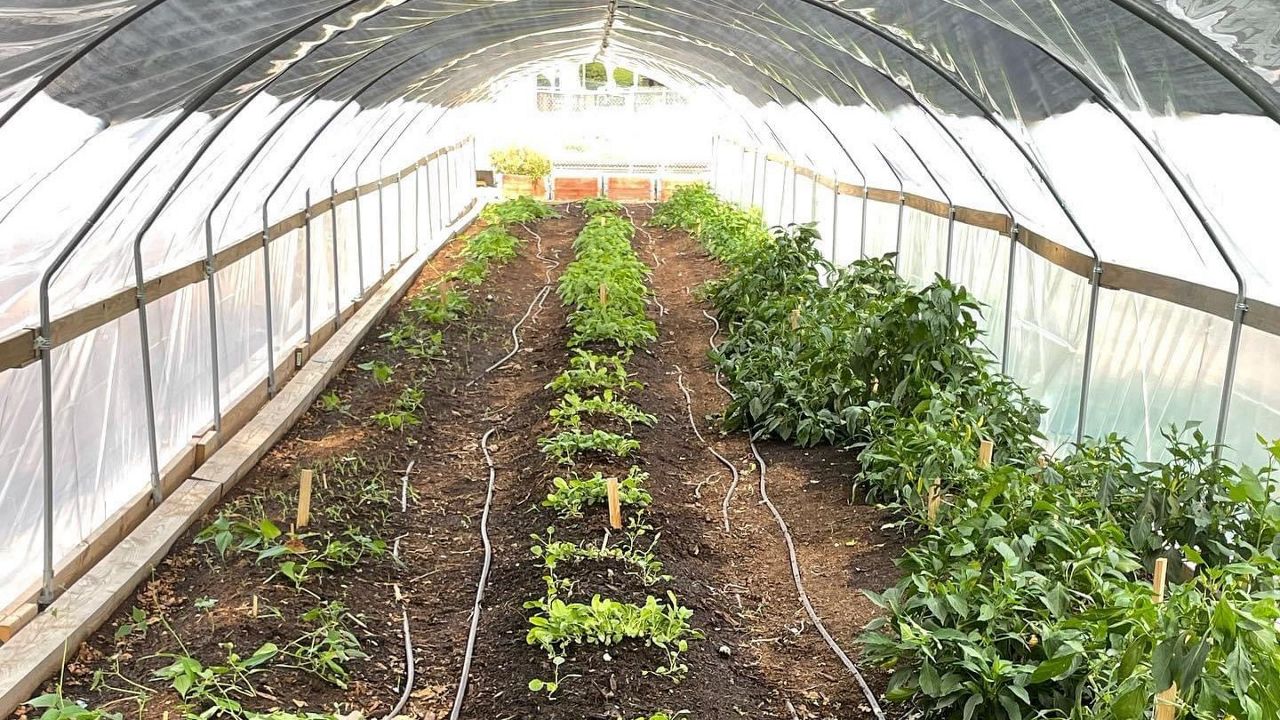DALLAS — It’s no secret that South Dallas residents don’t have the same kind of access to healthy food options as other parts of the city. But with the help of Tito’s Handmade Vodka, Restorative Farms hopes to change that, one seed at a time through its urban farm — originally a vacant lot.
“Our commitment to making fresh foods more accessible goes beyond our people and our own backyard,” said Tito’s Handmade Vodka joyologist Amy Lukken in a press release. “Supporting nonprofits in local communities has been a part of our company’s DNA since the very beginning and we are excited to continue the expansion of Block to Block by teaming up with and supporting the missions of incredible local nonprofits across the country.”
The Love, Tito’s Block to Block program, will assist more than two dozen nonprofit organizations to create and cultivate community gardens or farms in an effort to bring fresh foods to areas in need one block at a time.
The idea was inspired by Tito’s farm at the distillery, which houses 74 raised beds, 16 high tunnels and grows seasonal food like avocados, mangos, beets, kohlrabi and artichokes. Food from the distillery turns into lunch for workers and staff and is made available for them to take home. The program started in 2019 with three farms and then grew to 25 in 2020.
What began in their backyard has traveled across the United States to 28 major cities such as San Antonio, Austin, Seattle, Denver, Los Angeles, Chicago, New Orleans and Kansas City.
Spectrum News 1 reached out to Restorative Farms for comment, but did not receive a response prior to publication. However, in an interview with local media, co-founder Owen Lynch said the Hatcher Station Training Farm would not only be a source for food, but also a place to provide vocational training for new farmers.
“What Dallas needs is more production of food to help it become a more resilient city, but also help it address its food access problems as well as lack of jobs in this local community,” said Lynch.
The once empty lot has been transformed through what Lynch describes as “spin agriculture.” The urban farm grows radishes, beets, turnips and peppers as part of its lineup of produce.
“Every single plot is planned to maximize growth and have staggered growth over the year, so we have continuous production with a large variety of products,” he said of small plot intensive growing. “And that’s the training necessary for an urban farm to become economically viable.”
The nonprofit plans to build more urban farms across the city, according to Lynch.



